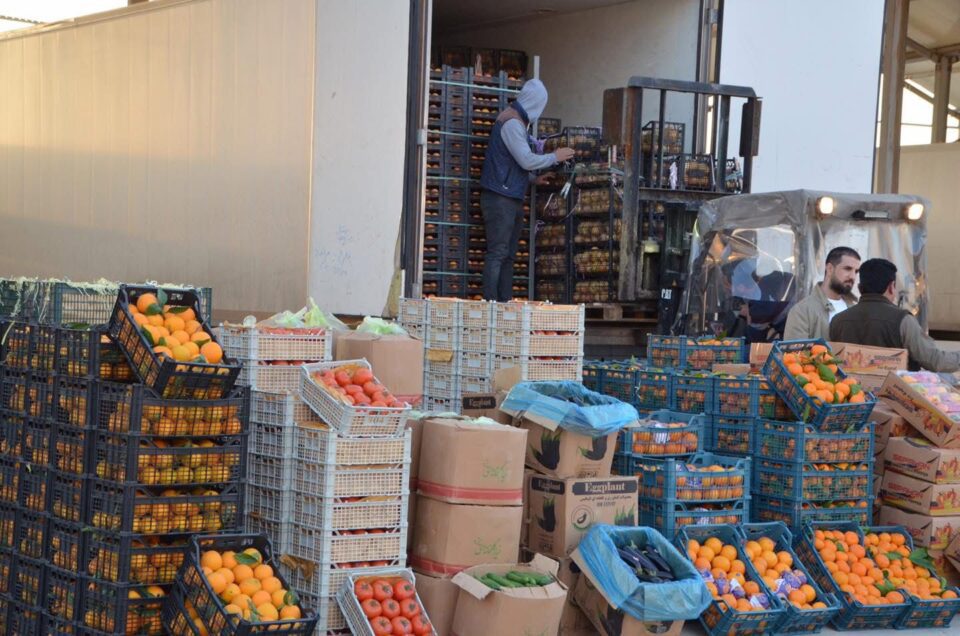The Erbil Agricultural Monitoring Department has, over the past few years, exported the highest amount of local produce to southern and central Iraqi cities by providing support to local farmers.
The ninth cabinet of the Kurdistan Regional Government, led by Masrour Barzani, announced from its beginning that the cabinet would work to diversify financial resources, especially in developing the agricultural sector and finding external markets for marketing Kurdistan Region’s agricultural products. Within this framework, several other agricultural products have been exported, including pomegranates, honey, potatoes, and apples, to expand the level of agricultural exports.
In 2024, in the field of food security and attention to the agricultural sector, which are key parts of the ninth cabinet’s working policy to strengthen the Kurdistan Region in both public and private sectors, dozens of various work projects have begun and entered into service for citizens. These include the Qushtapa silo, which was built at a cost of 21.2 billion dinars and opened to farmers with a capacity to store 40 thousand tons of wheat. Also, the project for cattle breeding and dairy products, which is Iraq’s largest livestock project, opened in Kurdistan Region in 2024. Among the most prominent projects whose foundations were laid in 2024 are the Silevana factory foundation for marketing farmers’ wheat in Zakho, construction of Akre’s modern fruit and vegetable market at a cost of 28.6 billion dinars, which will become the second-largest market in Iraq, and laying the foundation stone for the Halabja silo project at a cost of 27.2 billion dinars, which can store 40 thousand tons of grain.
Regarding the importance of this sector, Hoshyar Jalil, head of Erbil Agricultural Monitoring Department, stated: “In the past two years, we have provided 84 thousand supports to farmers, and this year 750 thousand tons of local produce has been exported to Iraqi provinces.”
Hoshyar Jalil also mentioned that “providing support and facilitation for farmers has had a direct impact on local production, even continuing during holidays.”
The Erbil wholesale market is open 24 hours, and the exported products include: tomatoes, potatoes, onions, cucumbers, eggplants, zucchini, peppers, watermelons, melons, beets, cauliflower, turnips, cabbage, lettuce, and currently, pomegranates are being exported.

